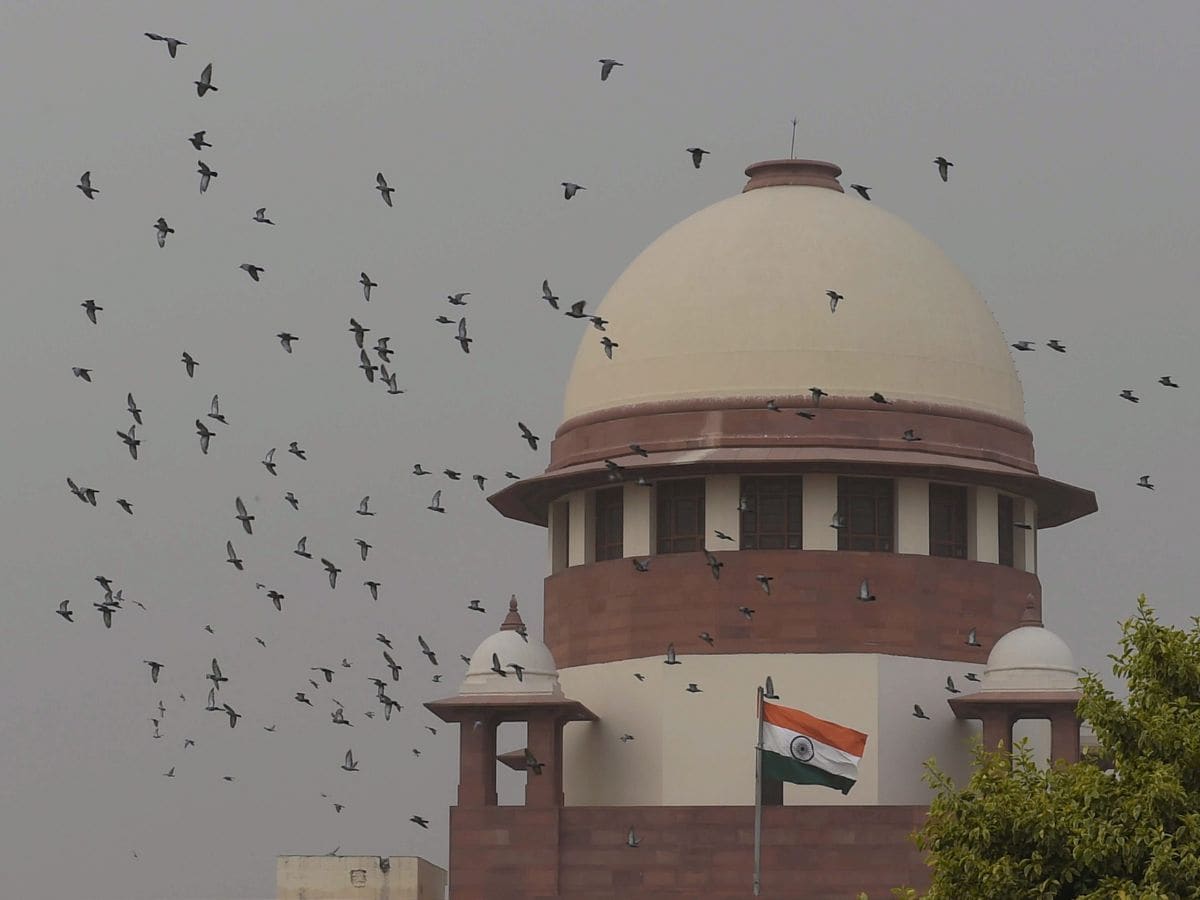
The Supreme Court (SC) is scheduled to hear a plea on Monday, December 16, challenging the Karnataka High Court’s decision regarding quashing criminal proceedings against two individuals accused of raising “Jai Shri Ram” provocatively inside a mosque in Dakshina Kannada district.
The case has sparked considerable debate regarding religious sentiments and communal harmony in India.
Background of the case
This legal case arose in September at Badriya Juma Masjid when two men allegedly barged into the mosque and shouted “Jai Shri Ram” slogans. The men also threatened the local Muslims by stating, “We would not allow you to live in peace on our land.”
Following the incident, an FIR was filed against them under various sections of the Indian Penal Code (IPC), including 447 (criminal trespass), 505 (statements conducing to public mischief), 506 (criminal intimidation), 34 (common intention) and 295A (outraging religious feelings).
Later in October, the case was moved to the Karnataka High Court where the single division bench headed by Justice M Nagaprasanna ruled in favour of the accused stating that there was insufficient evidence to support the charges and that entering a mosque did not constitute criminal trespass.
During the hearing, the bench, while looking into the appeal petition by the accused persons stated that “it was not understandable how the raising of ‘Jai Shri Ram’ slogans would hurt the religious feelings of any community”.
The bench underlined that permitting further proceedings against the petitioners would become an abuse of the process of law.
The plea before the Supreme Court
The plea submitted by Haydhar Ali, represented by Advocate Javedur Rahman, argues that the High Court decision violates prior Supreme Court judgements that have criticized and condemned premature gushing of criminal proceedings before investigations are completed.
According to the petition, the High Court’s approach was overly pedantic in its analysis, focusing narrowly on whether the FIR’s ingredients were met without paying regard to the consequences of inter-communal harmony and maintenance of public order.
The plea further argues that such judicial notes could encourage anti-social forces who exploit religious chanting to justify violence against minorities in society, citing several cases of mob lynching and other forms of targeted violence.
The petition criticizes the High Court’s comments that raising “Jai Shri Ram” slogans inside mosques cannot amount to an offence that outrages religious feelings. The petition suggests that such remarks are dismissive of the realities faced by minority communities in India.
The proposed hearing is poised to address critical issues surrounding freedom of speech and expression, religious sentiments and inter-community relations within the country.



